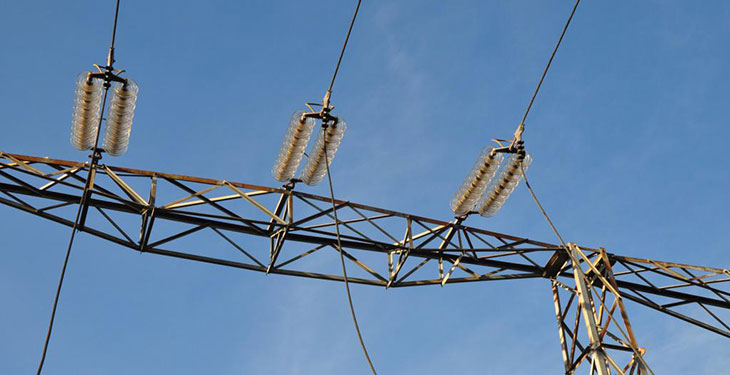Electricity consumption was lower in most EU member states in June, after isolation measures were imposed in mid-March to stop the spread of the coronavirus pandemic (COVID-19), according to data released Monday by the European Bureau of Statistics (Eurostat).
The restrictions led to the closure of factories, schools, restaurants, bars, hotels, forcing people to stay at home. Many companies have reduced their production levels due to declining demand or disrupted supply chains. These measures have been in place throughout April 2020, and since the end of May and June many countries have partially lifted restrictions and the tourist season has begun.
However, total electricity consumption in June 2020 was 7.6% lower than the lowest level ever recorded in June 2016-2019, according to Agerpres.
Compared to the lowest level recorded in 2016 in June, Greece, Spain, Croatia, Cyprus, Poland and Slovenia reported a decrease of over 10%. As tourism is an important sector for most of these states, the reduction in the number of tourists has probably led to a decrease in electricity consumption.
Seven member states (Denmark, Germany, Italy, Luxembourg, Austria, Portugal and Finland) reported a decline in electricity consumption of between 5% and 10%, while in eight countries the decrease was of between 1% and 5% (Belgium , Bulgaria, the Czech Republic, France, Hungary, the Netherlands, Romania and Slovakia). In Latvia and Lithuania, the situation remained stable (an increase of 1%) and the rest of the countries (Estonia, Ireland, Malta and Sweden) reported an increase in electricity consumption compared to the lowest level recorded in June.
Although Denmark and Bulgaria recorded an increase in electricity consumption between March and May 2020, in June both reported a reduction in electricity consumption compared to the lowest level ever recorded in a month of June of 2016-2019.
